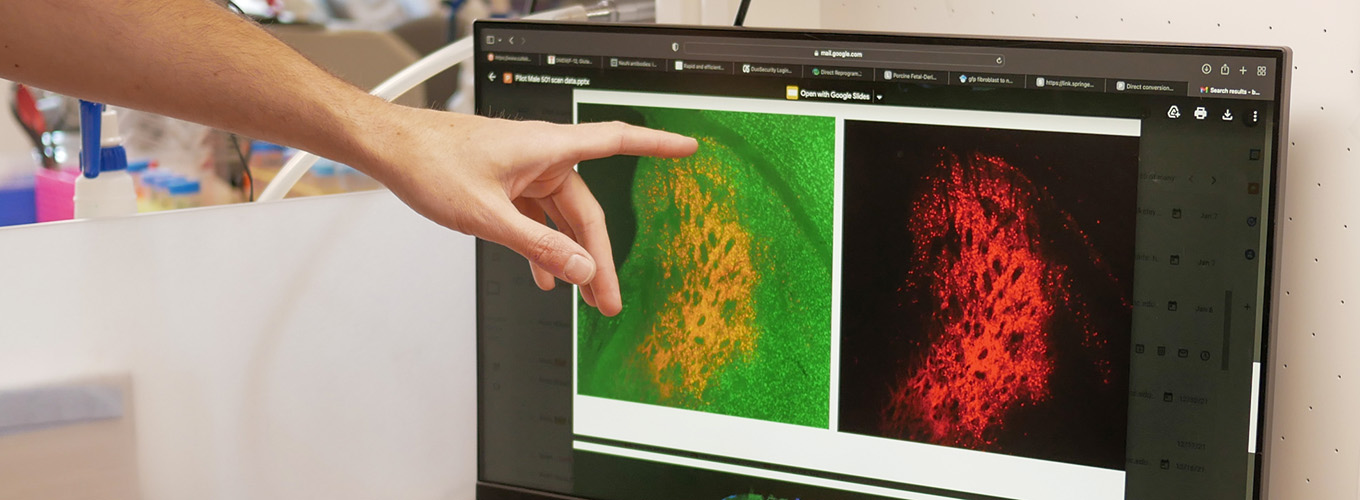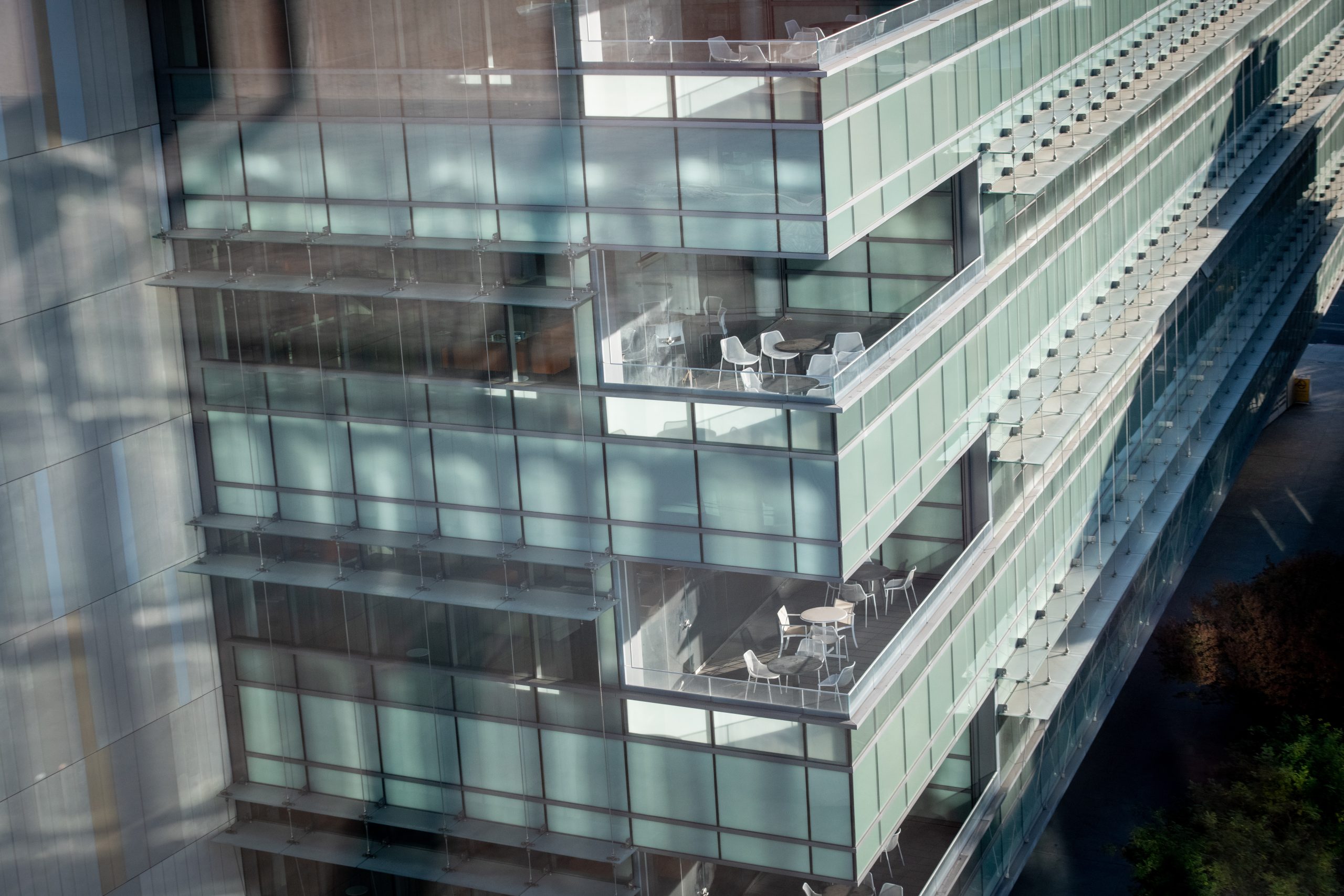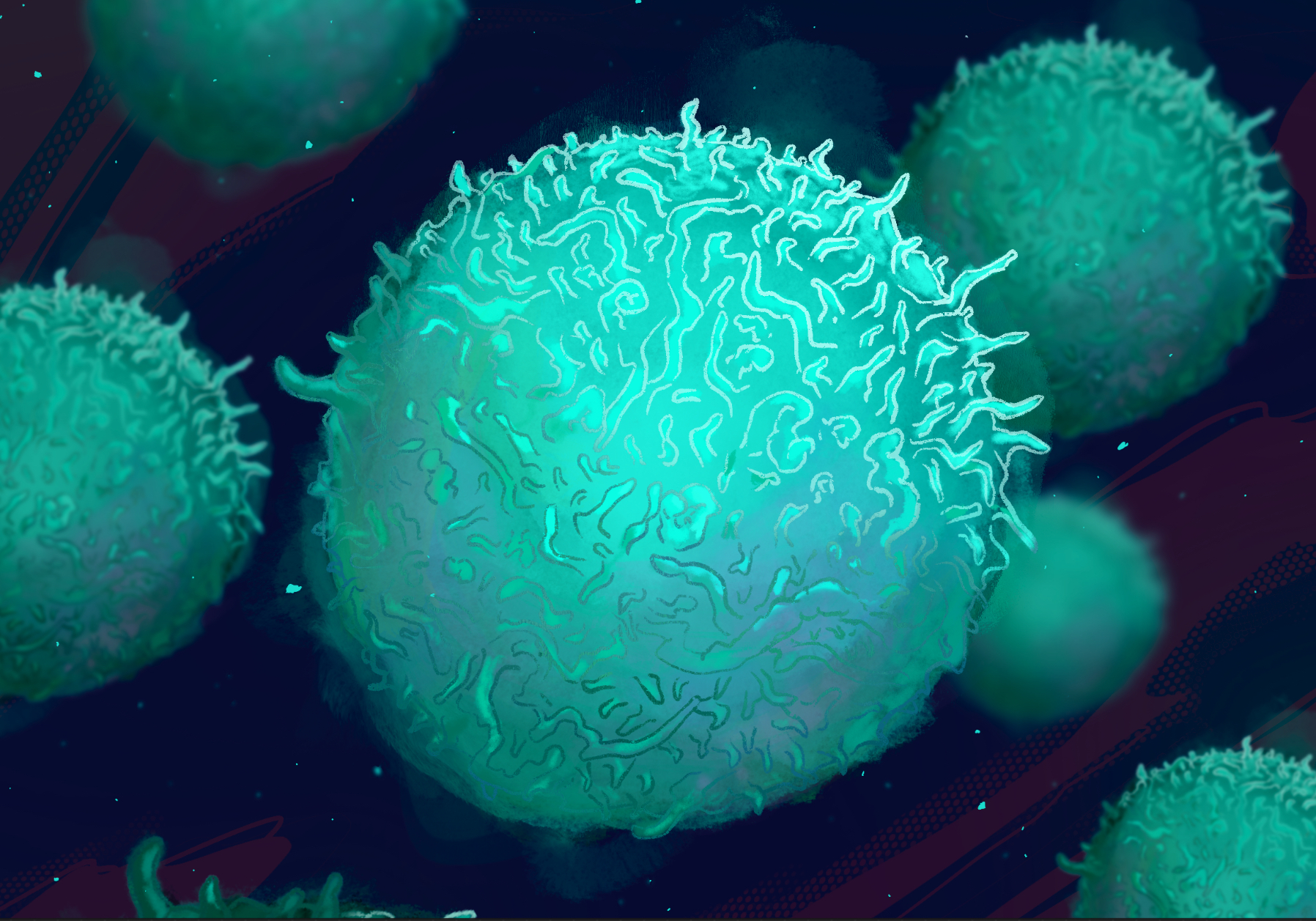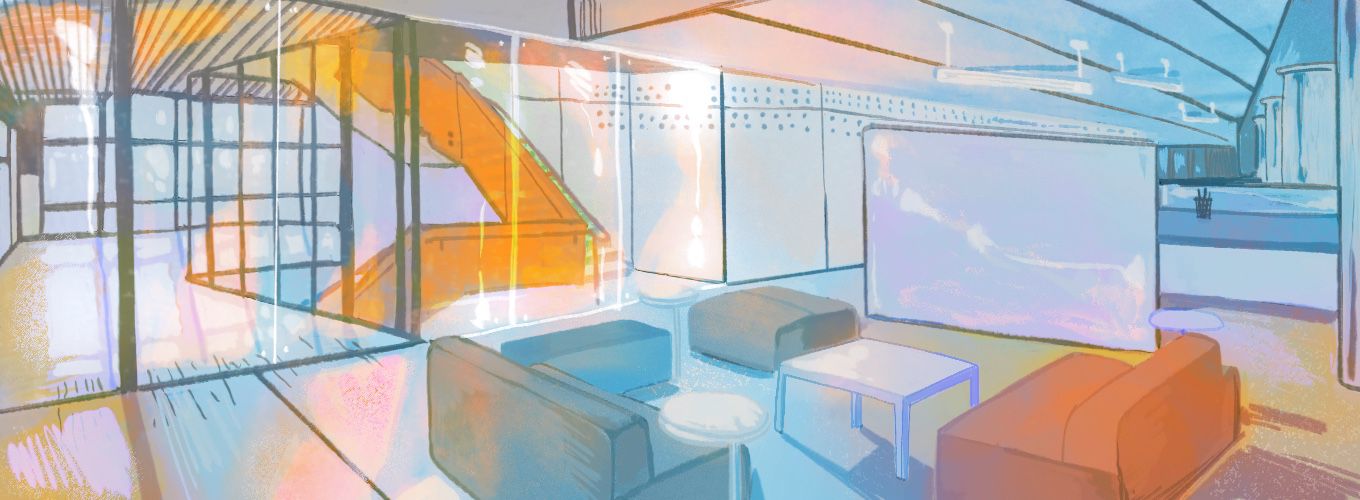
Meet an IGI Scientist: Judee Sharon
Judee Sharon is an HS Chau Women in Enterprising Science Fellow. She is co-founder and CEO of KuriBio, an early stage biotech company. Her technology is based on liposomal nanoparticles that can detect tumors. Judee envisions being able to use her platform for detection of various cancers in a single test.
Where are you from?
I grew up around here, in Fremont in Merced County, so I’ve been in Northern California most of my life.
How did you become a scientist?
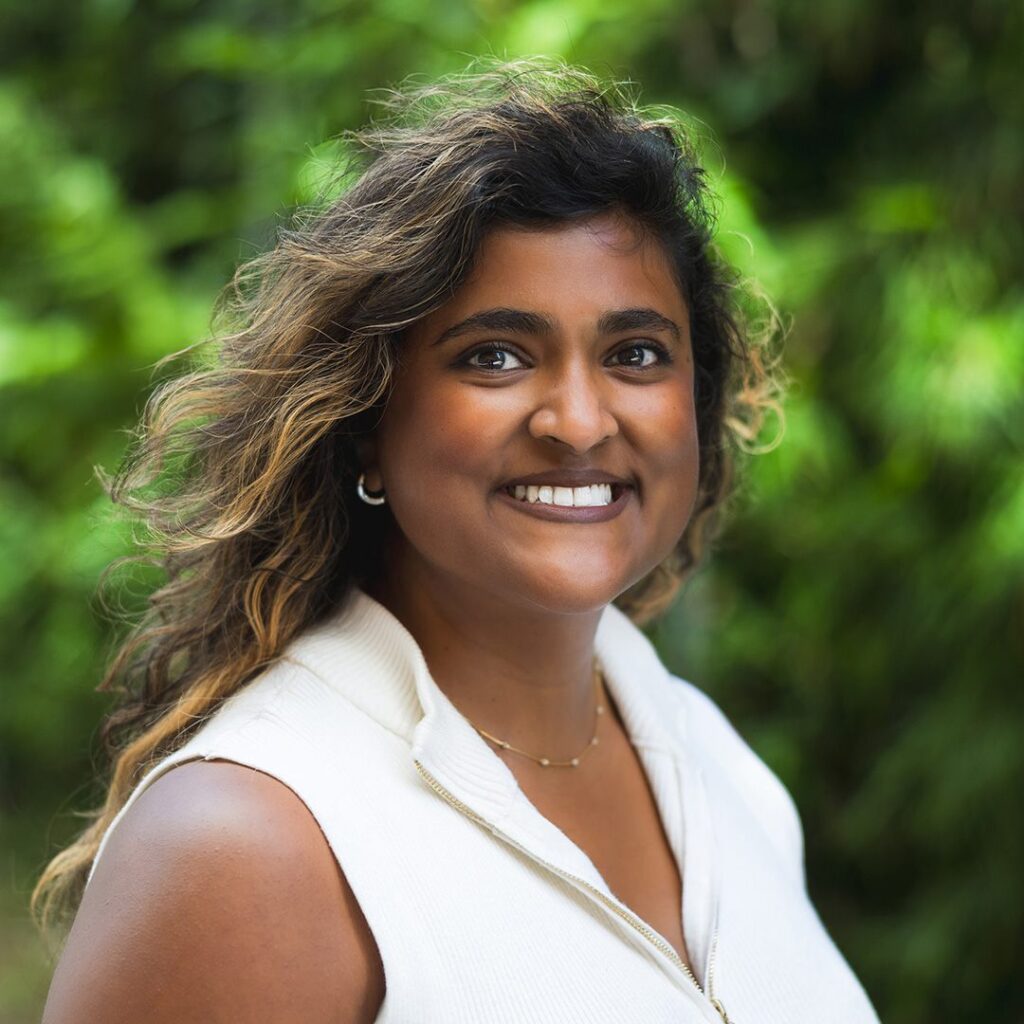
I got interested in science when I was 13. My eighth-grade science teacher encouraged me to apply for a scholarship, which required me to write about what I wanted to be when I grew up. Around the same time, I saw a movie about a pandemic, with people in hazmat suits working to figure out how diseases spread. I thought that was so cool, so I wrote my essay about wanting to be an epidemiologist.
When I got to college, I realized that epidemiology involved a lot of sitting behind a computer all day. So, I shifted toward microbiology and fell in love with studying bacteria and microbes. Even though my current work doesn’t focus on bacteria, that’s what first got me into research.
What led you to apply to the WIES program?
I’ve always been interested in entrepreneurship. Before grad school, I worked at a couple of startups, and I went into my Ph.D. knowing that I wanted to start my own company eventually. The WIES program has been great because it’s given us lab space and funding, which are huge hurdles for early-stage startups. It’s allowed us to focus on the science without constantly worrying about funding.
Tell us a little about your current research.
I’m working on cancer diagnostics using synthetic biology techniques that I developed during grad school. The goal is to detect cancer earlier, which is something I think is really important. Many treatments focus on cancer after it’s found, but fewer efforts go toward early detection. We’ve expanded the project to include potential therapeutic options as well.
How do you approach problem solving in science?
I like to think of problem-solving in science as putting together a puzzle. When you’re trying to understand how something works—like a biological system—you can’t just study the whole thing all at once. It’s like trying to understand a car engine by looking at the outside. Instead, it’s easier to take it apart piece by piece, study each component, and then figure out how it all fits back together. That’s what I do in my work. Whether I’m studying synthetic biology or diagnostics, I focus on understanding each part individually so I can solve the bigger puzzle.
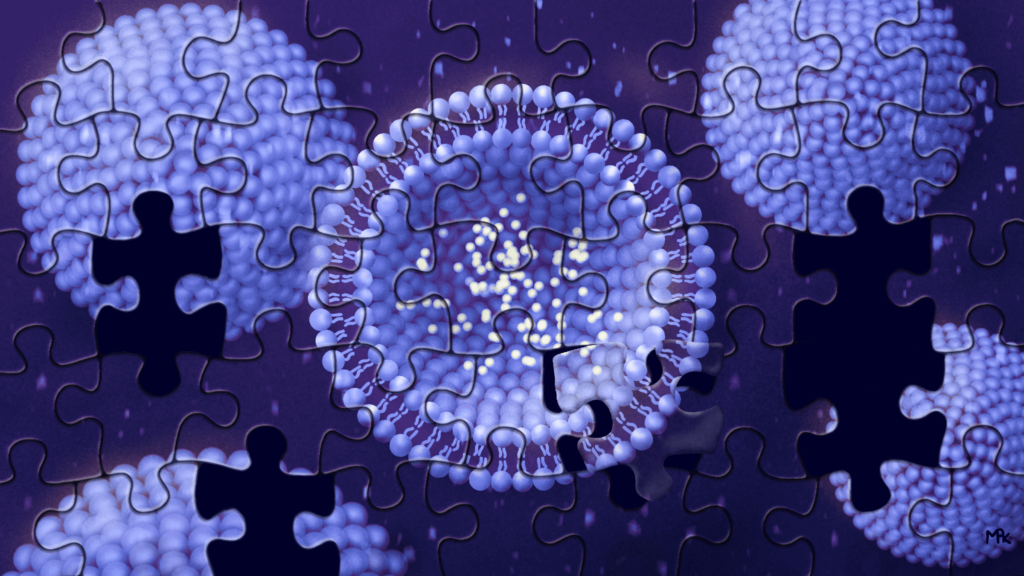
The idea of the unknown keeps me motivated. I’m always curious about how things work, and the possibility of solving a problem or making a breakthrough keeps me going. There are so many unknowns in biology, and it’s exciting to think that we might figure something out that could change the way we approach diseases. Outside of the lab, I love setting physical challenges for myself—like the triathlon—because it pushes me to do things I never thought I could.
What do you like to do besides research?
I recently completed the Santa Cruz triathlon, which was my first one! I trained for a couple of months, and it was a sprint triathlon with a half-mile swim, a 12-mile bike ride, and a 3.2-mile run. Throughout the race, I felt like I was behind my usual pace and couldn’t catch up on my energy. But when I checked my times afterward, I found out that I actually beat all my personal records. The adrenaline really kicked in! Afterward, I was completely wiped out, but it was such an incredible experience.
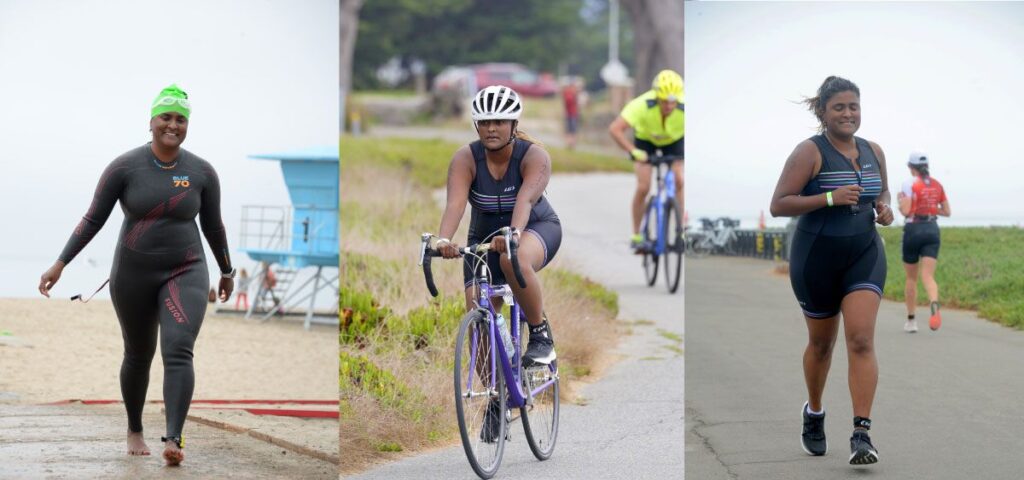
What advice would you give people considering a career in science?
Get into a lab as early as possible to see if you like it. It’s okay if lab work isn’t for you, there are plenty of other ways to be involved in science without spending all your time at a bench. And don’t think that studying biology means you have to go into medicine — there are so many other paths you can take!
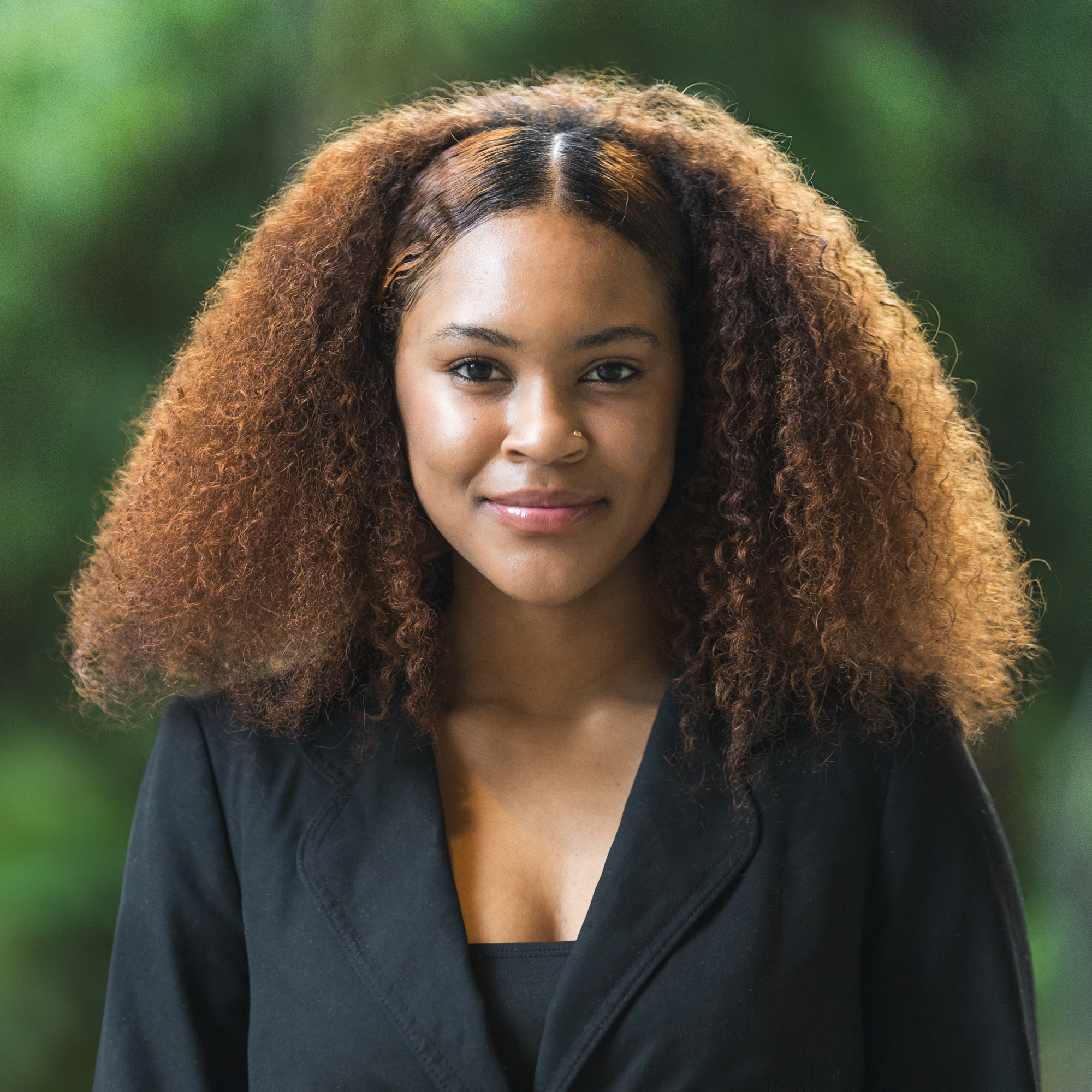 By
Marsiah LeBlanc
By
Marsiah LeBlanc
